How would you define bullying?
Broadly, I think bullying is any time a person or group uses their power or privilege to harass, threaten, demean, humiliate or assault someone.
Can you explain why the issue of bullying is important to you?
I experienced it a great deal growing up. I was a gay, black kid growing up in the South in the ’80s and ’90s in a fairly religious family. Kids called me names. Wrote “Faggot” on my locker and schoolbooks. Yelled “Sissy” at me as the school bus drove off each afternoon.
I haven’t been a kid or teenager in decades, but I still remember quite clearly how isolated, unwanted, and wrong that treatment made me feel. I don’t think I ever believed the kids who bullied me were mean or evil. My takeaway was that there was something fundamentally wrong with me that I couldn’t change no matter how hard I tried or prayed.
And at one point, when I was 15, I tried to kill myself. Not because I wanted to die but because I just could not stand that isolation. Now, as an adult, I see that bullying is embedded in our culture, particularly youth culture. With social media and technology, kids today experience bullying on a level that I never did and don’t think I could have handled as a teen.
 I very much allowed that anger and hurt from being bullied to make me a bit of a bully later in high school. That’s why this issue is important to me. I don’t think most bullies—at any age—recognize the impact of their behavior. That’s the problem.
I very much allowed that anger and hurt from being bullied to make me a bit of a bully later in high school. That’s why this issue is important to me. I don’t think most bullies—at any age—recognize the impact of their behavior. That’s the problem.
As an adult, have you ever personally experienced being bullied or felt like you were in a hostile space directed at you?
As much as I was bullied in school as a youth, I never feared for my safety. Not really. But as an adult living in supposedly progressive New York City, I have many, many times been made to feel afraid by bullies. I have been called “Faggot” while walking in the West Village, sitting on the subway, by a security guard while going into the District Attorney’s office as part of my job, and countless times in court. I have been threatened with sexual violence by complete strangers who told me that if I wanted to ‘act like a b****,’ they should treat me like one and sexually assault me. The list of these experiences I have had as an adult go on and on. It is what prompted me to start training in mixed martial arts so I could defend myself. Perhaps not coincidentally, I don’t get harassed in public since I started training.
How does your writing allow you to process this hostility from others?
I think the thing that writing does for me—that I didn’t have as a kid—is the opportunity to ‘get it out.’ It allows me to voice the experience and not keep all that hate inside me. This is really what the bully wants—to diminish you, destroy you, make you believe you are less valuable than he or she is. When I write, I get to tell the story and take that power back and share with the world what ugly thing happened to me.
Are there writers you might suggest for someone looking to experience more voices of African-American LGBT people in America?
James Baldwin, particularly for his novels like Just Above My Head. He was writing about gay, black men in such a normative way in like the ’60s with such passion and clarity. Joseph Beam and Essex Hemphill are also two writers whose work I found utterly humanizing when it found me.
Staceyann Chin. I always loved her as a poet, but someone gifted me with her memoir recently. It is a necessary read. Audre Lorde, of course. Janet Mock. J Mase is stunning!!! G Winston James. Marvin K. White. Aziza Barnes is like…all the poet you will ever need, I think.
Many discuss the need for LGBTQ community members to create a more inclusive experience for individuals of color and other communities who often feel excluded from the history of gay liberation. Do you agree with this?
I think the work is definitely to create a space that recognizes the role that people of color have already and always played. We really are not going to achieve liberation without each other.
How can LGBTQ people work to improve safe space in the community for people of all races, religions, etc.?
I think LGBT people can do the work of making their own spaces safe and more inclusive.
But if this is a question about safe spaces more broadly, I am not sure that is our work. We didn’t make them unsafe. We, as LGBTQ people, can certainly continue demanding our inclusion, pointing out how, why, and where we are unsafe and what our safety would look like. Much of that work of creating safe space is the work of people who make us unsafe. That is their job. You know what I mean?
Men have to fix misogyny. White folks have to fix racism. Cisgender folks have to fix their transphobia. And so on. We have to recognize and call out our own biases as individuals and communities, understand the cost of that prejudice and fix it. We must be willing to listen.
In your role as a Public Defender for youth, do you see bullying come up as a factor in a young person’s decisions?
I have worked with kids who have bullied and who have been bullied. What strikes me is how normal kids who bully think bullying is; how they never ever see themselves as bullies. So much of mistreating another person among young people is based on impressing peers.
Can you share how bullying (or reactions to bullying) are influencing the behavior of youth you represent?
Being bulled can cause acting out, bullying in retaliation, self-harming, truancy, all kinds of anti-social and harmful behavior. I have seen it cause kids to engage in behavior they otherwise would not have just to be liked—participating in crimes, sexual activity, running away, acting out in school, etc.
I have worked with kids who simply stopped going to school because of the incessant bullying or who had to transfer schools because of it only to have it follow them because of social media. I think how kids experience themselves as regarded by their peers has a huge influence in their decisions.
Young LGBT are disproportionately bullied, and many of us are familiar with the high rates of homelessness for LGBT youth. Why should all communities be working to provide positive spaces for LGBT youth?
Because LGBT youth come from and belong to all communities. Being LGBT isn’t an island. These youth are as vital, essential, vulnerable, and worthy as any other kid out there. Kids are our responsibility. Period.
What resources do you think a person should have available to respond to bullying?
Therapy. Mediation. Peer mediation. And I think bullies should really be informed about the impact of their behavior.
What are three things you think a person could do today to express kindness in their community?
Volunteer on a regular and consistent basis.
I am a huge fan of anonymous in-kind donations. I promise there are things around your house in great condition that you don’t use that someone needs and would love.
Any thing that gets art and art supplies and creative space to youth.
Travis Montez is a Tennessee-born Brooklynite, writer, and attorney for children. I love all things pop culture, but especially comic books. I fall in love a lot. Follow on Facebook and Twitter.
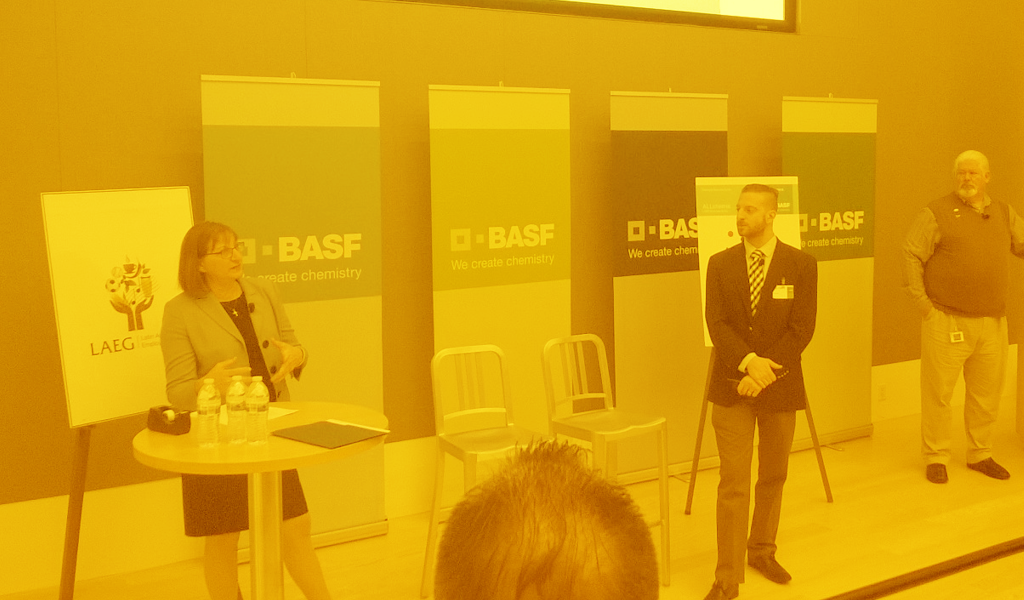
 The heartfelt sharing of both Jane and James Clementi and the positive influence of their endeavors in Tyler’s memory made for a presentation that touched all in attendance. The law enforcement portion provided statistical data and valuable tools to identify and assist in the prevention of bullying.
The heartfelt sharing of both Jane and James Clementi and the positive influence of their endeavors in Tyler’s memory made for a presentation that touched all in attendance. The law enforcement portion provided statistical data and valuable tools to identify and assist in the prevention of bullying.  As a company that embraces diversity, we are hopeful that BASF can continue laying the groundwork for our future colleagues to join a company that is welcoming and free from bias. We are all unique beings and that only augments our strength.
As a company that embraces diversity, we are hopeful that BASF can continue laying the groundwork for our future colleagues to join a company that is welcoming and free from bias. We are all unique beings and that only augments our strength.
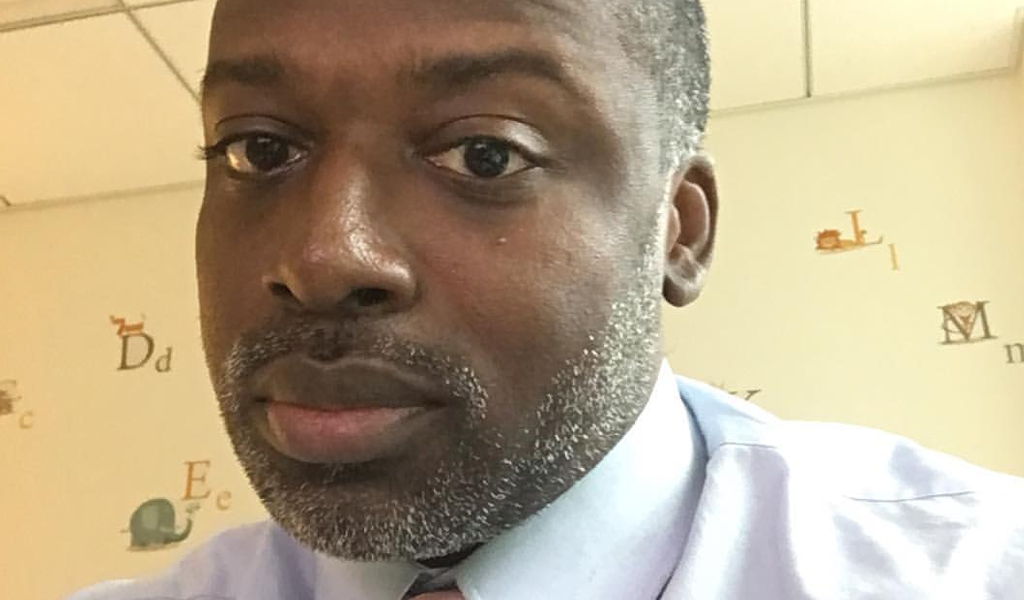
 I very much allowed that anger and hurt from being bullied to make me a bit of a bully later in high school. That’s why this issue is important to me. I don’t think most bullies—at any age—recognize the impact of their behavior. That’s the problem.
I very much allowed that anger and hurt from being bullied to make me a bit of a bully later in high school. That’s why this issue is important to me. I don’t think most bullies—at any age—recognize the impact of their behavior. That’s the problem.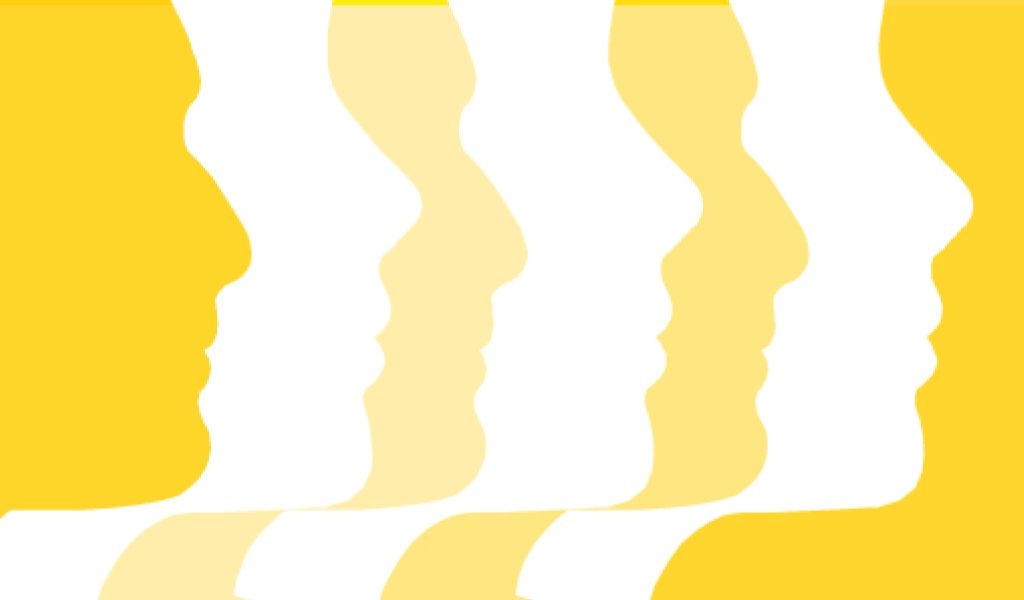






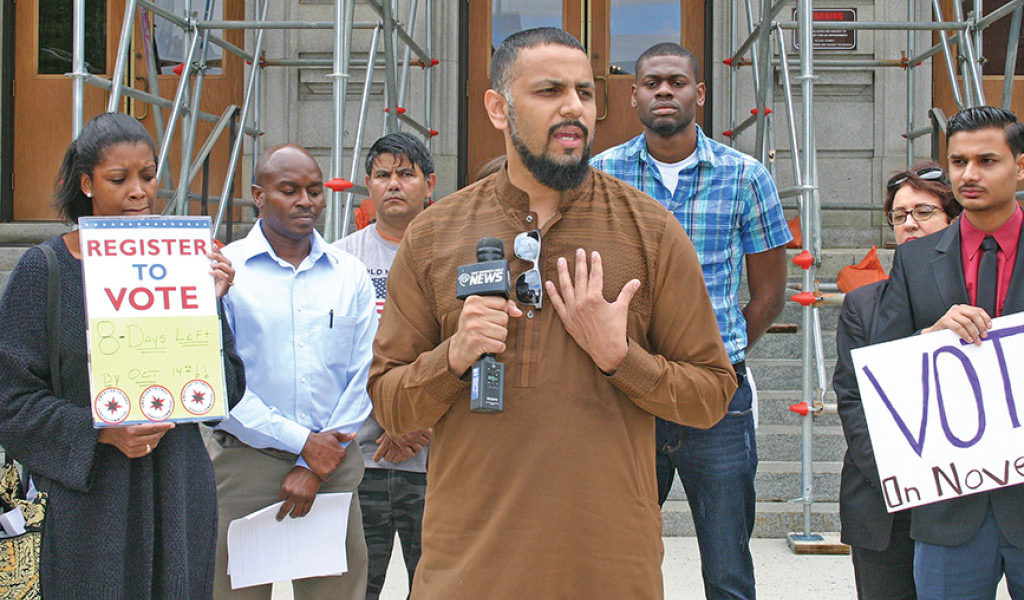

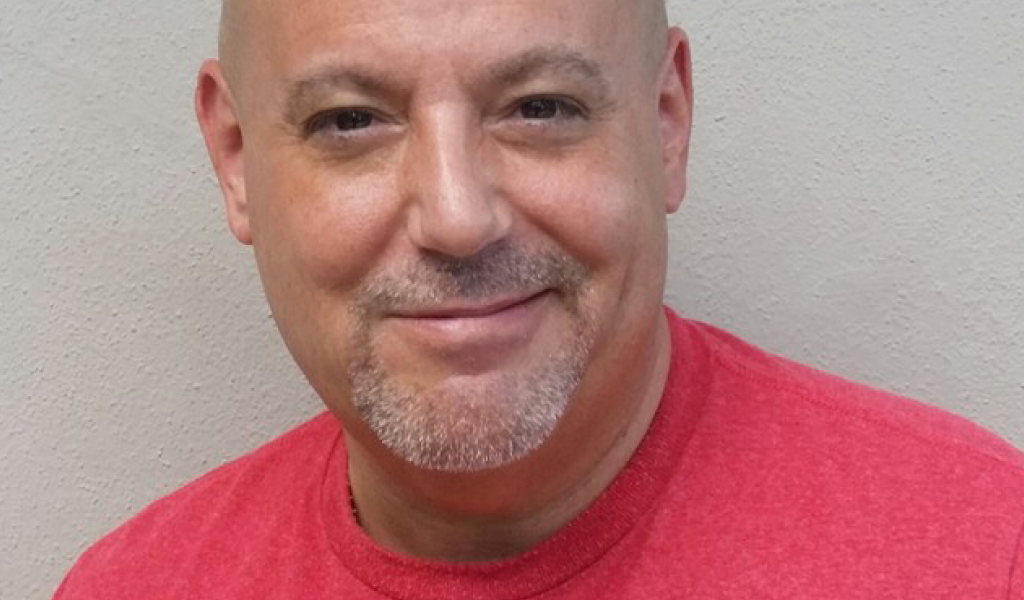
 The cyber harassment was instigated and created mostly by my father’s relatives. But, it was supported by other people in the community. I was blind-sided each time that I witnessed one of them give a thumbs up to these posts attacking me as well as my mother. The sense of betrayal also added to the feelings of isolation and loss I was experiencing after finding my father dead. I attempted to move away from the area several times. I blocked each and every profile, along with profiles that gave such posts a thumbs up. I never responded or engaged with the relatives or others who supported the harassment. When they could not get to me via social media, a note with my image and vicious comments in red ink written across it was left on the windshield of my car for me to find after coming home from a Gay Pride Parade. My mother also received threatening and bullying notes in the mail. Finally, the relative who had been the chief instigator of the bullying, confronted me in a parking lot. She followed me to my car, blocked my way, and hurled insults at me insulting my masculinity while daring me to put my hands on her the entire time.
The cyber harassment was instigated and created mostly by my father’s relatives. But, it was supported by other people in the community. I was blind-sided each time that I witnessed one of them give a thumbs up to these posts attacking me as well as my mother. The sense of betrayal also added to the feelings of isolation and loss I was experiencing after finding my father dead. I attempted to move away from the area several times. I blocked each and every profile, along with profiles that gave such posts a thumbs up. I never responded or engaged with the relatives or others who supported the harassment. When they could not get to me via social media, a note with my image and vicious comments in red ink written across it was left on the windshield of my car for me to find after coming home from a Gay Pride Parade. My mother also received threatening and bullying notes in the mail. Finally, the relative who had been the chief instigator of the bullying, confronted me in a parking lot. She followed me to my car, blocked my way, and hurled insults at me insulting my masculinity while daring me to put my hands on her the entire time. 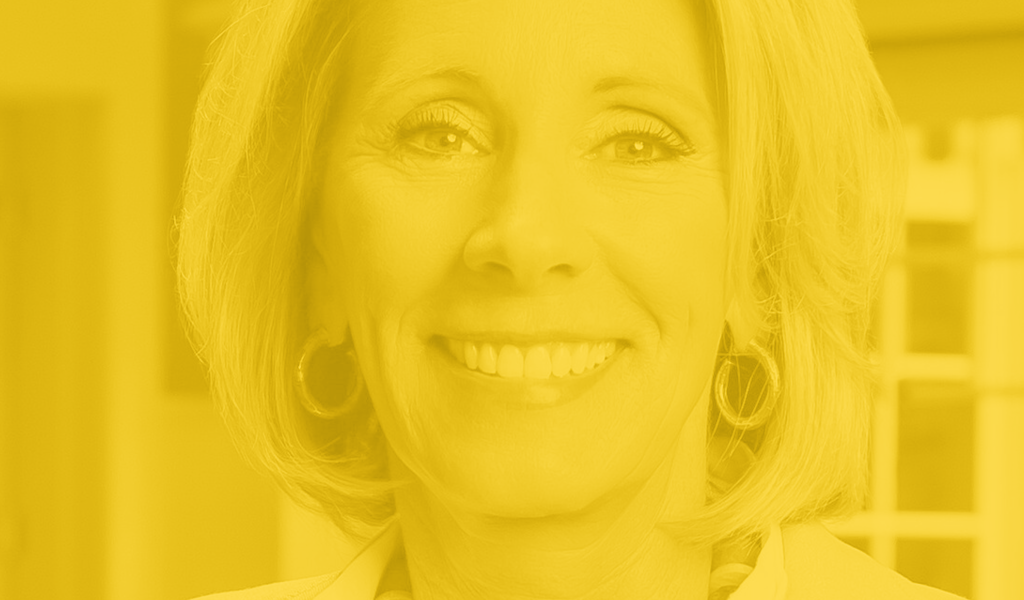
 Also, DeVos and her family have made massive financial contributions to right-wing organizations that oppose equality for minorities, especially LGBT people including ballot measures against LGBT equality.
Also, DeVos and her family have made massive financial contributions to right-wing organizations that oppose equality for minorities, especially LGBT people including ballot measures against LGBT equality.